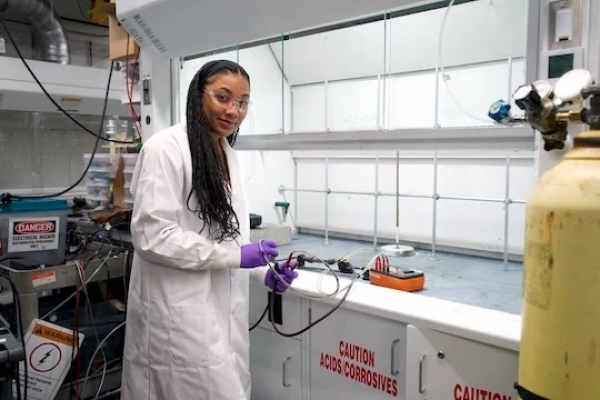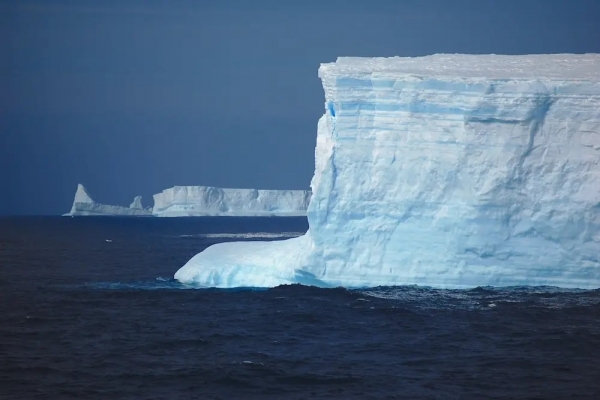Rice University researchers have developed an innovative solution to a pressing environmental challenge: removing and destroying per- and polyfluoroalkyl substances (PFAS), commonly called “forever chemicals.”
articles
In a Warming World, Why Is the Southern Ocean Getting Cooler?
Climate models predict that as the planet warms, so will the Southern Ocean. But for decades, the waters around Antarctica have grown mysteriously cooler. A new study shows why.
The Proportion of Harmful Substances in Particulate Matter is Much Higher Than Assumed
From chronic respiratory problems to cardiovascular diseases, diabetes and dementia, health damage caused by particulate matter air pollution is wide-ranging and serious.
Wildfires, Windstorms and Heatwaves: How Extreme Weather Threatens Nature's Essential Services
How much will strawberry harvests shrink when extreme heat harms pollinators?
Mapping the Earth’s Crops
As agricultural research continues to become more entwined with technology, smart farming – a phrase that encompasses research computing tools that help farmers to better address issues like crop disease, drought and sustainability – has quickly become a ubiquitous term in Ag labs across the country.
Martian Dust Could Pose Health Risks to Future Astronauts
Don’t breathe in the dust on Mars.










